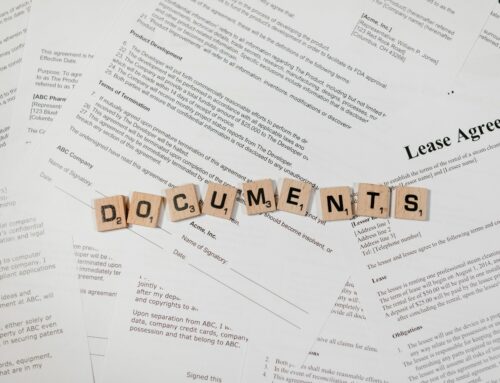The best way to navigate through the world of commercial real estate is to familiarize yourself with some of the basic details.Outside the domain of lease agreements, market trends, connections, etc., commercial real estate remains a dynamic field of factors that are a part of the buyer’s consideration process.
One of these topics is deeds. Deeds are legally binding documents that grant holders ownership of assets, like real estate, automobiles, and any other physical or non-physical assets. For commercial real estate, the deeds you will need to learn about are property deeds and their various types.
What Are Property Deeds?
A property deed is a written and attested document that grants the holder ownership of the specified real estate.
What Are the Type of Property Deeds You Need to Know About?
Depending on your specific case, there are several property types you might encounter in commercial real estate.
1. General Warranty Deed
A general warranty is the most secure property deed. It specifies the exact list of promises the grantor is making to the grantee or their heirs, one of which protects them against all claims on the property stemming from before this exchange.
Below are some of the standard terms and claims that are part of a typical General Warranty Deed:
- Covenant of Seisin– Confirming that the grantor is the rightful owner of the property they are transferring to the Grantee.
- Covenant Against Encumbrances– Confirming that the property has no unresolved claims or encumbrances, aside from the ones mentioned in the agreement.
- Covenant of Quiet Enjoyment– Confirming that there is no undeclared mortgage or lien on the property and that the Grantee will be able to enjoy ownership of it without facing any disturbances.
- Covenant of Further Assurance – Promising that the Grantor will transfer any further documentation needed for the title to the Grantee.
2. Limited Warranty Deed
Limited warranty deeds are the ones you will encounter the most as they are the most common in the commercial real estate industry. Limited warranty deeds make all of the same promises made by the general warranty with the limitation of the promise extending only to as far back the duration of the Grantor’s ownership of it.
3. Grant Deed
A grant deed is a less secure form of agreement. It transfers interest in a property from a Grantor or buyer to a Grantee or seller in exchange for an agreed-upon price. Although this type of deed attests that the Grantor has the legal ownership of the property, it does not offer the Grantee protection against:
- Boundary disputes
- Undeclared claims or liens
- Public record discrepancies
- Faulty signature
4. Quitclaim Deed
A quitclaim is the riskiest of all the deeds and typically used only between trusted parties like family members or divorced spouses. It transfers the title of ownership from Grantor to Grantee. However, the Grantee has no protection if it turns out that the Grantor was not the rightful owner of the property in question.
Conclusion
To sum up, there are several types of property deeds in commercial real estate that you can work with. The idea is to understand your position, risk, and make a decision about which one you want to opt for.
If you are considering purchasing or selling commercial real estate, please get in touch with our team. CHRE has several years of experience, and we will help you negotiate the best terms for your commercial real estate exchange.






Leave A Comment